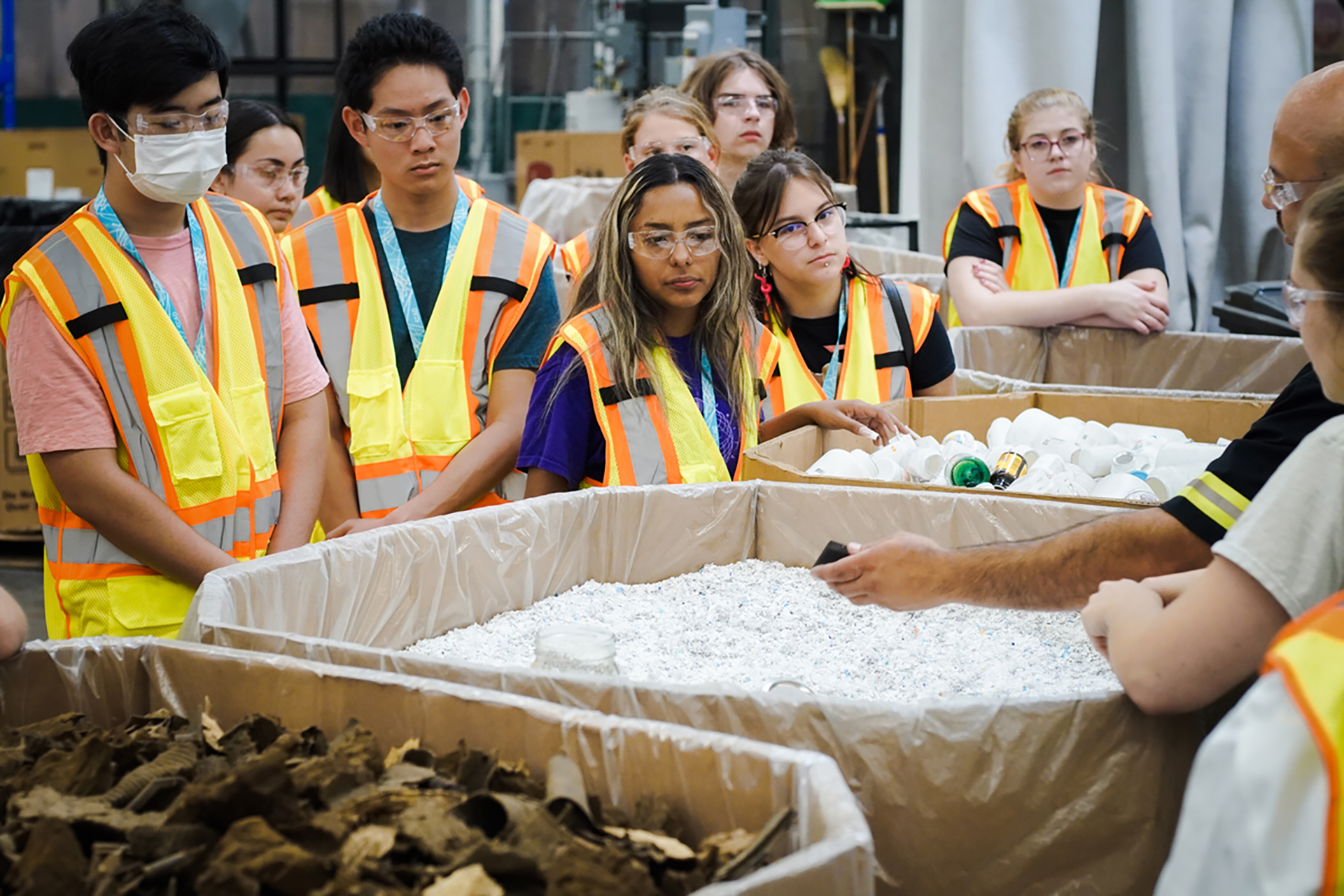May 1, 2025
Solving ‘wicked problems’: High school students can apply to Wege Prize summer program to make a positive impact on people and the planet

High school students who want to create a positive impact on people and the planet can apply for this summer's 2025 Wege Prize High School Collaborative Studio: an immersive workshop that empowers them to envision solutions for the planet's most pressing and complex 'wicked' problems.
For their work in the two-week workshop, students receive a $597 stipend along with a certificate of completion and a lunch every day.
During the two-weeks, student teams develop their own design concept to address challenging global and regional problems "through the lens of whole systems design thinking, sustainable development, and the circular economy," according to Ferris State University's Kendall College of Art and Design, which presents and hosts the Wege Prize program.
Applications are open for the workshop, now in its fifth year, and must be submitted by June 22. Students entering their junior and senior years are eligible. Applications are here.
Along with hands-on design experience and the stipend, participating students will share in free daily lunches, create portfolio-quality design work and receive letters of recommendation, along with professional mentoring and community networking opportunities, said Gayle DeBruyn, Ferris State professor of Collaborative Design and Wege Prize High School Collaborative Studio program lead.
"During the workshop, students collaborate in four groups of five led by qualified instructors to research, conceptualize, and design solutions to regional challenges," DeBruyn said. "Their two-week journey culminates with a final-day team presentation on their completed designs to an audience of community leaders."
In addition to the group discussions and guest speaker presentations from leaders of local organizations, the students meet business, environmental, and design professionals during local outings.
They also explore timely challenges, such as the needs for shelter for locally unhoused youth, nutritional outreach for the region's underfed, ways to mitigate waste, and the effects of environmental pollutants in West Michigan.
The program's 20 students in 2024 came from 10 regional high schools plus The International School of Kenya. They and other past participants have engaged with leaders in architecture, fashion, accessibility, agriculture, food insecurity, and more, including a tour of PADNOS Recycling Center and trips to the Kids Food Basket, the Lower Grand River Organization of Watersheds, and Friends of Grand Rapids Parks.
"Through the workshop, the students will find expanded career opportunities and the benefits of being actively engaged with the world around them," DeBruyn said. "By providing teens with the tools to become active contributors in their communities, we're aiming to help them invest in creating a better future."
The workshop is based on the framework of KCAD's international collegiate student design competition, Wege Prize, which promotes the circular economy through design solutions among the multidisciplinary, cultural, and institutional participants, furthering real-world solutions to environmental, energy, waste, hunger, agricultural and other challenges.

